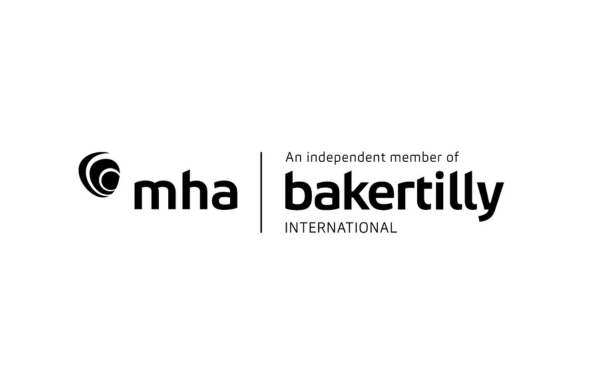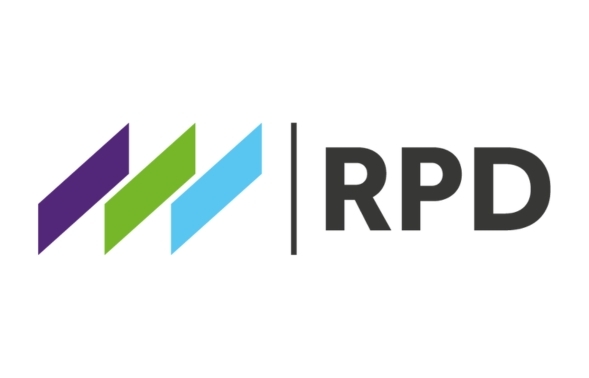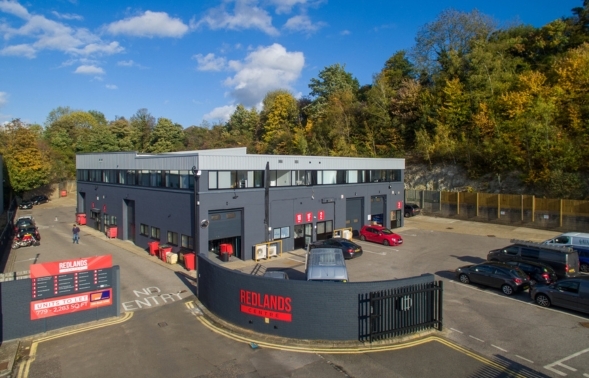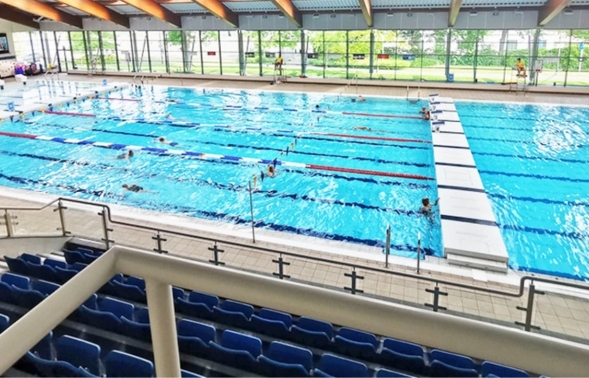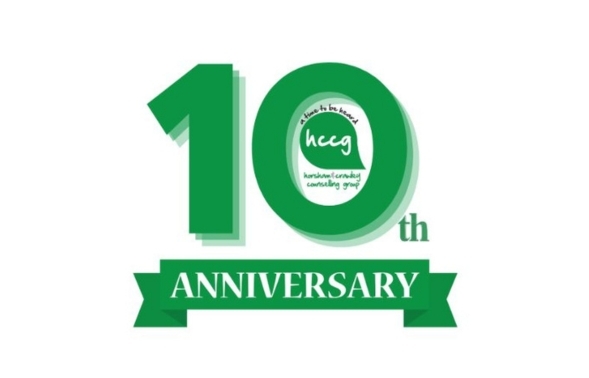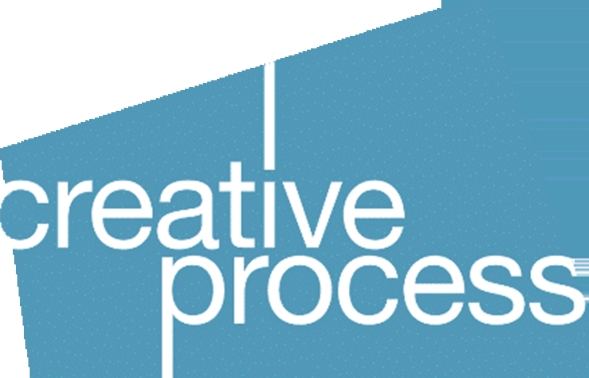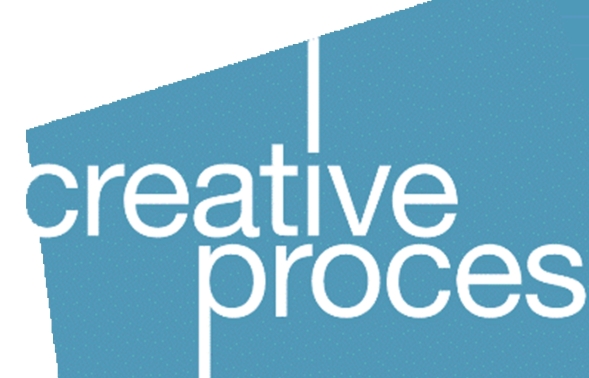Be wary of taking dividends when the profits are uncertain
In our recent update 'Contesting Remuneration and Dividends paid to Directors' we highlighted a case in which we were successful in pursuing claims against the directors of a failed company who had received unlawful dividends.
This update focusses on a recent Court of Appeal decision which further clarifies the law in relation to unlawful dividends. These payments are often dividends declared in favour of the directors who are also shareholders of the company. In such cases it's not unusual for the directors to claim that they relied on advice from their accountants that paying a low salary together with dividends that may later be reversed was common in small companies.
Whilst not specifically addressing the legality of the practice described above, the Court of Appeal has recently provided a stark warning to company directors that taking dividends may be challenged if it later turns out the company had insufficient reserves at the time the dividends were paid. If the payments are challenged by a liquidator then the director could be at risk of having to repay the dividends to the company.
In Global Corporate Ltd v Hale, Mr Hale, a director and shareholder of Powerstation UK Limited (the "Company") received dividends between 2014 and 2015. The Company later failed with a deficiency of over £170,000. Mr Hale was later sued by the liquidators for repayment of the dividends he had received on the grounds that, under the Companies Act 2006, a dividend is unlawful if there are insufficient distributable reserves of profit at the time the dividend is made.
Mr Hale argued that the dividends were lawful on the basis of an accounting practice used by the Company, whereby dividends were paid instead of salary for tax purposes. If, at the end of the financial year, there were not enough reserves for dividends, then the dividends would be reclassified and paid as salary, and the Company would pay the necessary extra PAYE and NIC tax. Mr Hale's argument was that, if the payments could not be legitimised as dividends at year end, then he was entitled to re-characterise them as remuneration for services provided to the Company.
Unfortunately for Mr Hale (and the many other directors who have been waiting the outcome of this appeal and who now face similar claims), the Court of Appeal decided that subsequently reclassifying the dividends as 'salary' did not change the nature of the payments; if a dividend was initially labelled as a dividend, it would be treated as such. Accordingly, as the Company's balance sheet was insolvent at the time the dividends were made, the dividend payments to Mr Hale were unlawful and should be repaid. The Court of Appeal further rejected Mr Hale's argument that the payments could be re-characterised as remuneration.
This is a welcome decision for liquidators but less so for small business owners who use dividends as a means to reduce the burden of national Insurance contributions on their business. Whilst this may seem financially attractive in the short term, it's crucial that there are sufficient reserves to pay interim and final dividends at the time they are made. This should be properly documented at the time the dividends are declared and supported by up to date accounts. In this way directors who receive dividends may be able to avoid potential claims being brought against them for repayment of those dividends.
If you have any questions on the above or would like to know any further information, please contact Noel Ruddy or Will Angas.
https://www.pdt.co.uk/thought-piece/be-wary-of-taking-dividends-when-the-profits-are-uncertain
